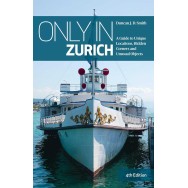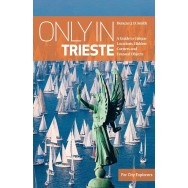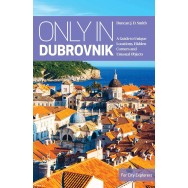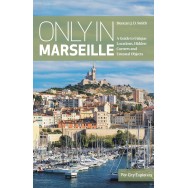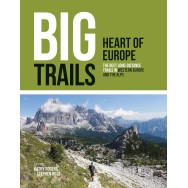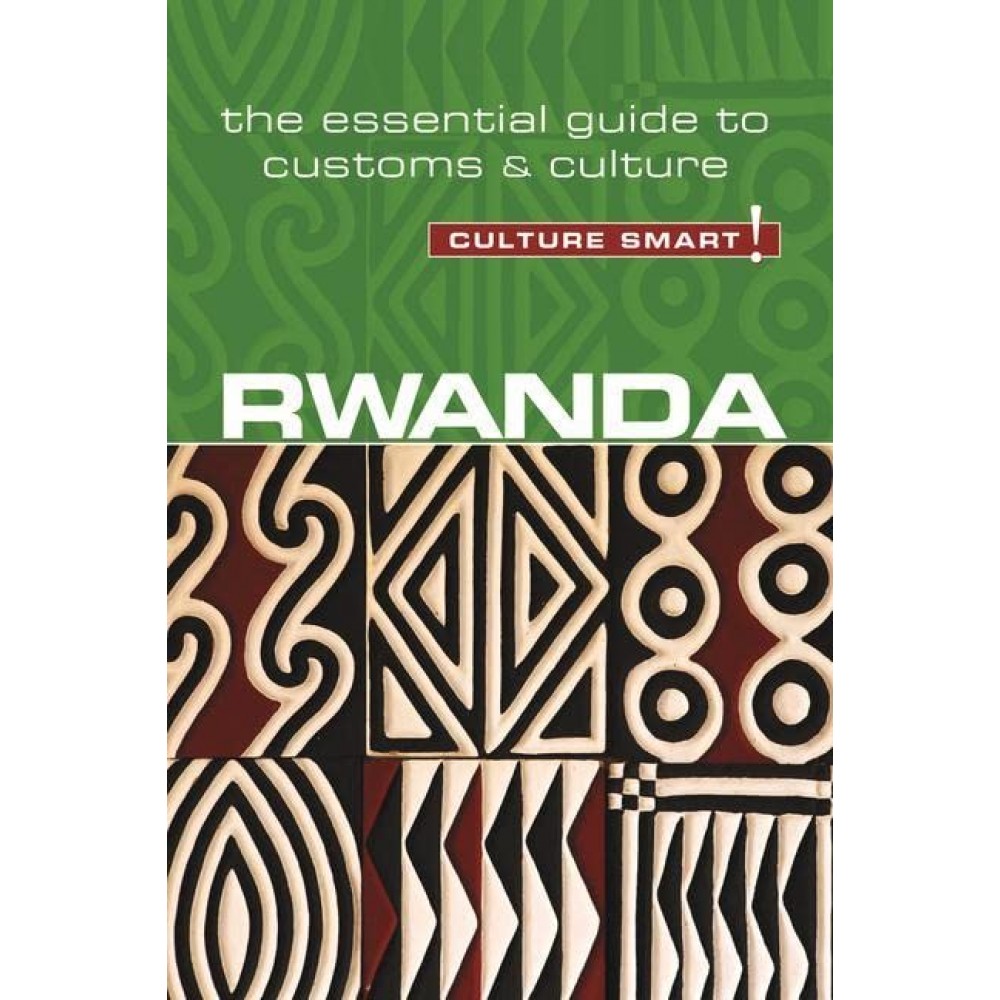Ed. 2019
Culture Smart! Rwanda gives you the tools for a successful visit to this beautiful land. It guides you through daily interactions, cultural dos and don’ts, traditions and cultural practices, etiquette, and the ways in which business is conducted. It provides a brief overview of Rwandan history, and practical suggestions for safety and travel.
“The Land of a Thousand Hills,” is known for its abundant natural beauty and iconic wildlife, from chimpanzees in the Nyungwe Forest to the returning lions and rhinoceros of Akagera National Park, and the endangered mountain gorilla, lumbering through the thick vegetation of the Virunga range. This is a country of tea, coffee, and intricately woven baskets, of expressive drumming, and the subtle and artistic Intore dancers. It has a growing film industry, a world-class cycling team, a thriving contemporary music scene, and a burgeoning economy. The capital, Kigali, glimmers with new construction, and has become a home for investment and economic growth.
Rwanda’s international image, however, remains tarnished by the 1994 genocide of the Tutsi. This dark chapter is indelibly ingrained in the national psyche, and both people and government have worked to ensure that such a horror never again occurs in this paradisiacal heart of Africa. The Rwandans have embraced forgiveness, reconciliation, and restorative justice as a path to heal old wounds; former “ethnic” labels have been effaced in favor of a unified Rwandan identity; and the country has become one of the safest in the world. Whatever the political reality, Rwandans today remain a dignified, reserved, and welcoming people. They share a deep pride in their unique culture and history – demonstrated by their eagerness to showcase it to visitors – and they are dedicated to development. But to get the most from your stay, plunge in deeper and get to know them on their own terms, and you will find that you can make lifelong friends.





